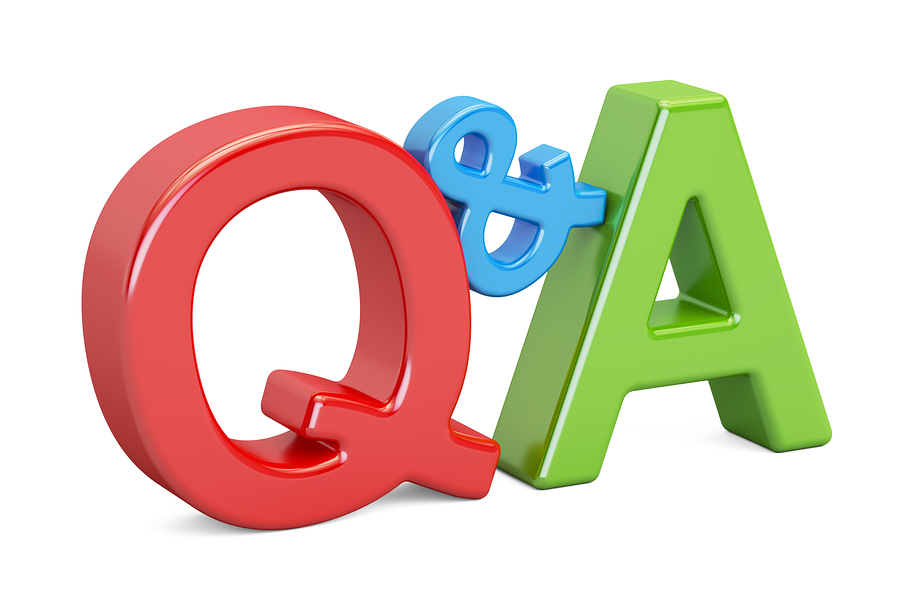
Q. One of my patients, a 22-year-old woman who has declared that she is a vegan, was recently admitted for treatment of AN. She has lost 15.5 lb over the past 5 weeks, and has a 2-year history of amenorrhea. Our local treatment center cannot provide a full vegan diet, and as a result she refuses to eat. Often she will only drink water. What do you suggest? (P.L., Seattle)
A. This can be a serious challenge. Researchers at the East London NHS Foundation Trust, UK School Schoen Clinic, in York, UK, reported a similar case. They point out that some patients with restrictive eating disorders such as AN can limit their diets in various ways, ranging from total restriction of calories to self-diagnosed dietary allergies (BJPsych Bulletin. 2022. 46:116). These authors provide a very useful and practical review of this topic.
(The Vegan Society defines veganism as “a philosophy and way of living which seeks to exclude—as far as is possible and practicable—all forms of exploitation of, and cruelty to, animals for food, clothing or any other purpose; and by extension, promotes the development and use of animal-free alternatives for the benefit of animals, humans and the environment.”) In dietary terms this denotes the practice of doing away with all products derived wholly or partly from animals.
According to Dr. Sarah J. Fuller and her colleagues, with the right planning and consideration, a vegan diet can be well balanced and will be able to meet the nutritional needs of any vegan patient, such as yours. The key is to make certain that vegan patients eat a wide variety of foods, and to find plant-based alternatives for meat and dairy products. Some specific needs should be met and, for example, vegan patients with eating disorders should have blood tests every 3 months to measure their vitamin and mineral levels, and to make sure they are receiving adequate nutrition. The key nutrients to be aware of are vitamin B12, vitamin D, iodine, selenium, and omega-3 fatty acids.
The authors also note that it is possible to refeed a patient who is strictly observing a vegan diet. It is important to be aware that in some cases, adapting vegan diets to catering menus may result in vegans having to eat a larger volume of food, perhaps increasing psychological distress as they compare their portions with those of their non-vegan peers. It can also cause problems for patients who have delayed gastric emptying that causes uncomfortable bloating and pain.
At this time, Dr. Fuller and her colleagues point out that in Great Britain there is only one prescription supplement drink that is vegan-friendly(AYMES ActaSolve Smoothie®), but it is not nutritionally complete, and not suitable for enteral feeding. Many vegans will often accept foods that contain slight amounts of animal products. In cases where patients will not accept such an option, and if they are deemed unable to make such a decision, you should seek legal advice.
Taken in sum, it seems clear that adherence to a vegan diet introduces some challenges but does not in any way preclude successful ED treatment. It is a relatively common situation that clinicians and treatment programs should be prepared to address.
—SC
